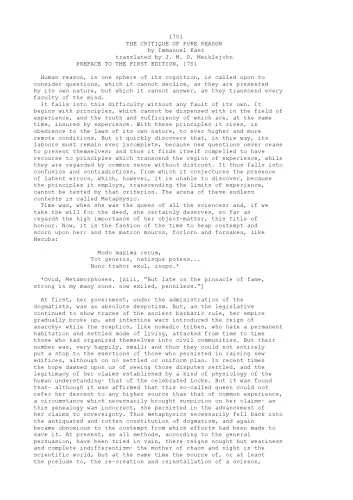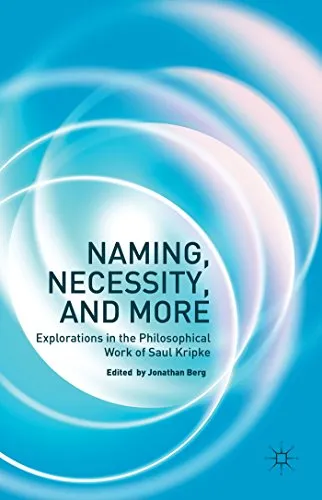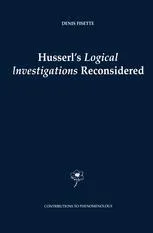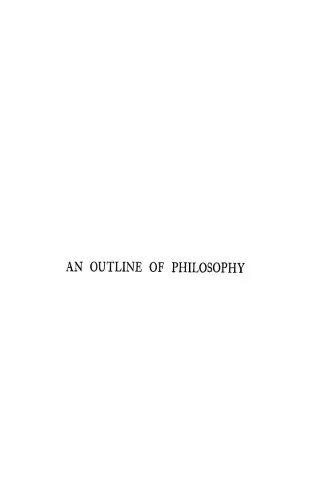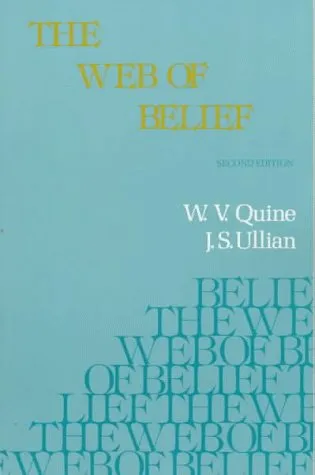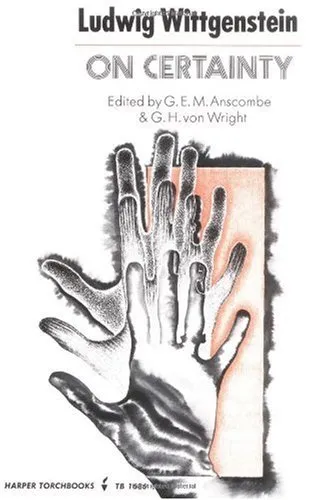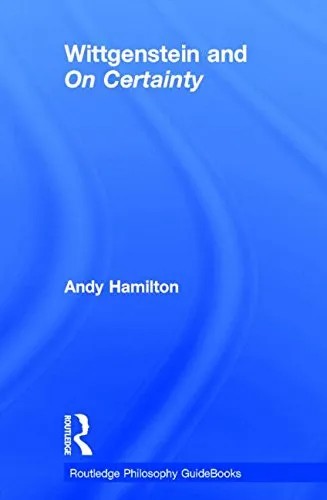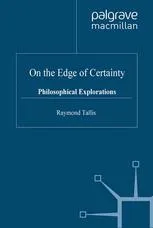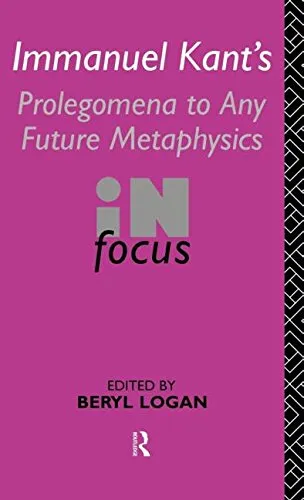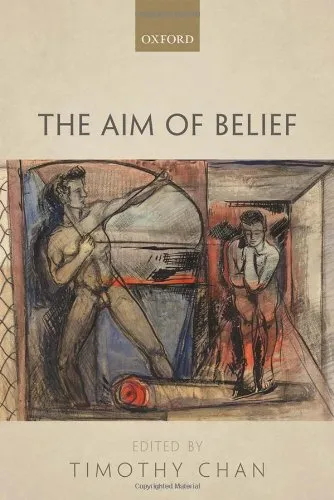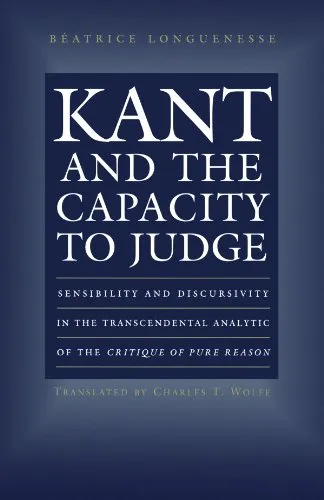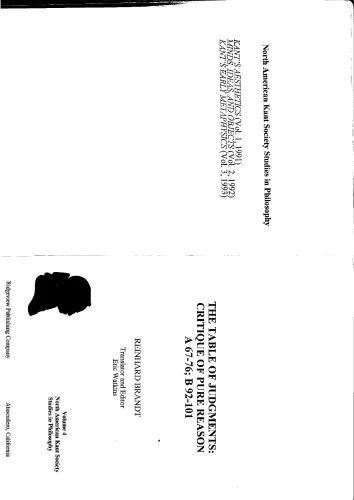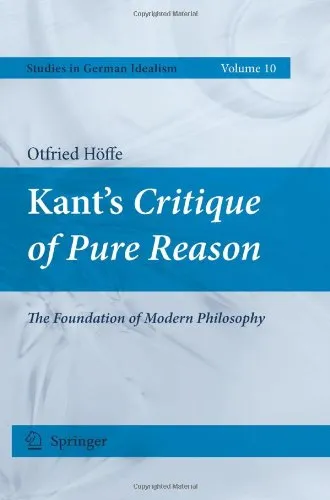Critique of Pure Reason
4.5
بر اساس نظر کاربران

شما میتونید سوالاتتون در باره کتاب رو از هوش مصنوعیش بعد از ورود بپرسید
هر دانلود یا پرسش از هوش مصنوعی 2 امتیاز لازم دارد، برای بدست آوردن امتیاز رایگان، به صفحه ی راهنمای امتیازات سر بزنید و یک سری کار ارزشمند انجام بدینکتاب های مرتبط:
معرفی کلی کتاب 'Critique of Pure Reason'
کتاب 'Critique of Pure Reason' اثر ایمانوئل کانت یکی از آثار برجسته و بنیادین در فلسفه مدرن است. این کتاب به بررسی مرزهای میان دانش تجربی و عقل نظری میپردازد و تلاش دارد تا محدودیتها و قابلیتهای آنچه که ما میتوانیم بدانیم را روشن کند.
خلاصهای از کتاب
کانت در 'Critique of Pure Reason' به تحلیل ساختاری نحوه ادراک انسان پرداخته و نظریات خود را در باب دو مقوله اساسی یعنی 'تجربه' و 'عقل' ارائه میدهد. او استدلال میکند که شناخت انسان متکی به Input تجربی و ساختارهای پیشینی ذهن بشر است. کانت اصول فلسفه را بر اساس A priori و A posteriori تقسیمبندی میکند و نشان میدهد که چگونه ذهن نهایتاً تجربه را سازماندهی و مفهومسازی میکند. این کتاب شامل مباحثی همچون 'پدیدار و نومنال'، 'داوریهای ترکیبی پیشینی' و 'زمان و مکان' میشود.
نکات کلیدی
- همراهی عقل با تجربه: کانت تجارب حسی را بنیاد دانسته و عقل را به عنوان قاضی و ساماندهنده آن تجربهها بیان میکند.
- بررسی شرایط امکان تجربه: کانت بر این باور است که مفاهیم مانند زمان و مکان پیشزمینههای ضروری برای هر تجربهای هستند.
- تفکیک میان پدیدارها و نومنها: کانت میان آنچه که انسان درک میکند (پدیدار) و آنچه به واقع هست (نومن) تمایز قائل میشود.
نقلقولهای معروف از کتاب
"ذهن بدون تجربه خالی است، و تجربه بدون مفاهیم ذهنی کور است."
"ایمان بدون علم کور است، علم بدون ایمان لنگ است."
اهمیت کتاب
کتاب 'Critique of Pure Reason' با هدف نقد تواناییهای عقل درک انسان نوشته شده است و همچنان به عنوان یکی از مهمترین کتابها در زمینه فلسفه شناخته میشود. کانت با این اثر فلسفه مدرن را به سمتی سوق داد که در آن تفکر انتقادی و STEM بر پایهای اصولی و منظم شکل گیرد. این کتاب نه تنها در زمینه فلسفه، بلکه در زمینه روانشناسی، شناختشناسی و علوم اجتماعی نیز تأثیر عمیقی داشته است و همچنان یکی از منابع اصلی برای دانشپژوهان تاریخ فلسفه و نظریههای شناخت محسوب میشود.
Introduction to 'Critique of Pure Reason'
The 'Critique of Pure Reason' by Immanuel Kant stands as one of the most influential works in the history of philosophy, offering profound insights into the nature and limits of human understanding. Published in 1781, the work tackles the complex interplay between knowledge and experience, questioning the foundations upon which human cognition is built.
Detailed Summary of the Book
The 'Critique of Pure Reason' is an ambitious endeavor to determine the capabilities and limits of human intellect. Kant seeks to resolve the conflict between rationalist and empiricist philosophies by proposing a new framework that he calls "transcendental idealism." This paradigm suggests that while our experiences shape perceptions, the structure of our mind dictates how these experiences are processed.
In the 'Critique,' Kant posits that all knowledge begins with experience but does not necessarily arise from it. He distinguishes between "a priori" knowledge, which is independent of experience, and "a posteriori" knowledge, which depends on it. Furthermore, Kant divides judgments into "analytic," which are true by virtue of their meaning, and "synthetic," which add to our knowledge. The crux of the book examines whether synthetic a priori judgments are possible, leading to new insights in metaphysics and science.
The book is structured into two main parts: the "Transcendental Aesthetic," which explores sensory experience, and the "Transcendental Logic," which consists of the "Transcendental Analytic" and the "Transcendental Dialectic." These sections collectively investigate how phenomena are perceived and understood within the mind's frameworks, such as space and time, causality, and the notion of substance.
Key Takeaways
- Transcendental Idealism: Kant introduces a groundbreaking method of understanding the relationship between the mind and reality.
- Reconciliation of Rationalism and Empiricism: By showing how the mind shapes our experiences, Kant bridges the divide between these two schools of thought.
- Limits of Human Knowledge: The work critically assesses what can be known a priori and the boundaries of metaphysical inquiry.
- Critique of Metaphysics: Kant scrutinizes traditional metaphysical concepts, limiting what can be legitimately claimed about reality.
Famous Quotes from the Book
"Thoughts without content are empty, intuitions without concepts are blind."
"Science is organized knowledge. Wisdom is organized life."
"All our knowledge begins with the senses, proceeds then to the understanding, and ends with reason."
Why This Book Matters
The 'Critique of Pure Reason' is pivotal because it challenges and reorients traditional philosophical thought, introducing critical ideas that have informed both modern philosophy and the sciences. Its exploration of metaphysics, epistemology, and the philosophy of mind has reverberated through centuries, influencing figures such as Hegel, Nietzsche, and even contemporary philosophers.
Moreover, Kant's efforts to establish a secure foundation for human knowledge redefined the inquiries into space, time, and causality, making it essential reading for those seeking to understand the framework of modern thought. The 'Critique' emboldens readers to question the origins and limits of knowledge, fostering a deeper reflection on the role of human perception and cognition in shaping our reality.
دانلود رایگان مستقیم
شما میتونید سوالاتتون در باره کتاب رو از هوش مصنوعیش بعد از ورود بپرسید
دسترسی به کتابها از طریق پلتفرمهای قانونی و کتابخانههای عمومی نه تنها از حقوق نویسندگان و ناشران حمایت میکند، بلکه به پایداری فرهنگ کتابخوانی نیز کمک میرساند. پیش از دانلود، لحظهای به بررسی این گزینهها فکر کنید.
این کتاب رو در پلتفرم های دیگه ببینید
WorldCat به شما کمک میکنه تا کتاب ها رو در کتابخانه های سراسر دنیا پیدا کنید
امتیازها، نظرات تخصصی و صحبت ها درباره کتاب را در Goodreads ببینید
کتابهای کمیاب یا دست دوم را در AbeBooks پیدا کنید و بخرید
1477
بازدید4.5
امتیاز0
نظر98%
رضایتنظرات:
4.5
بر اساس 0 نظر کاربران
Questions & Answers
Ask questions about this book or help others by answering
No questions yet. Be the first to ask!
